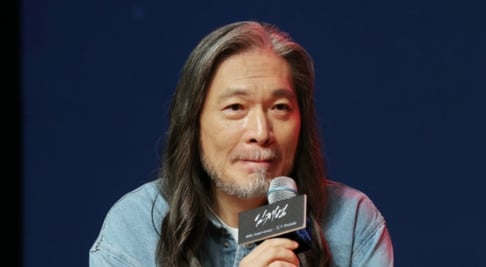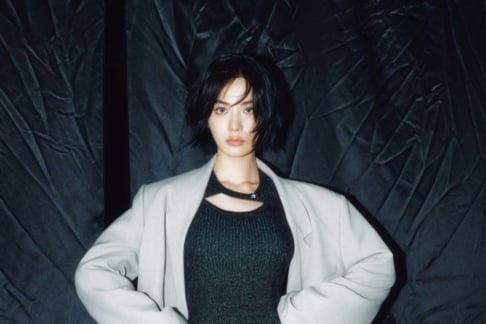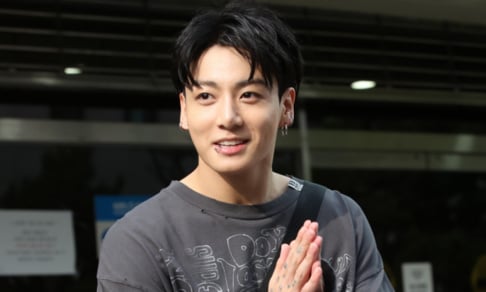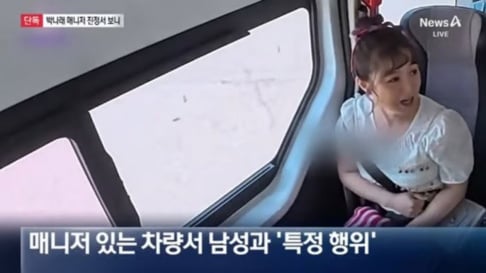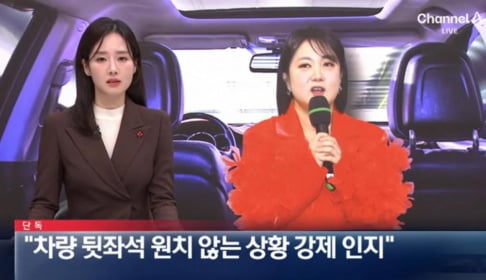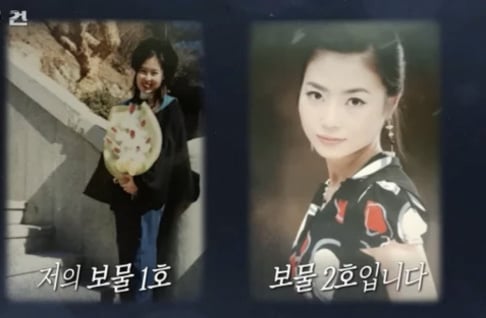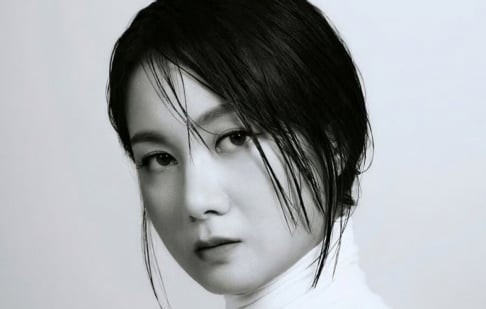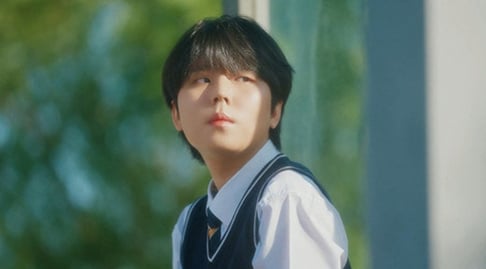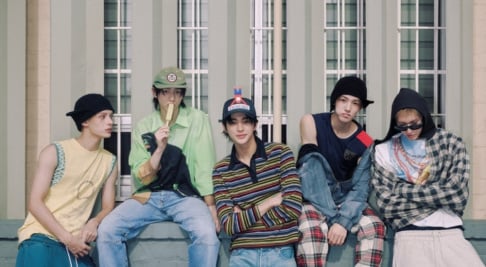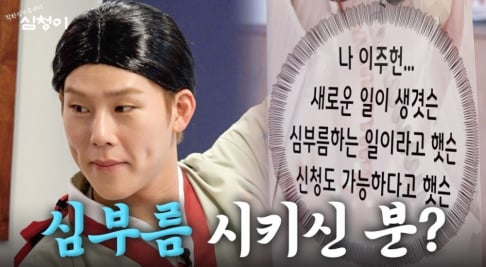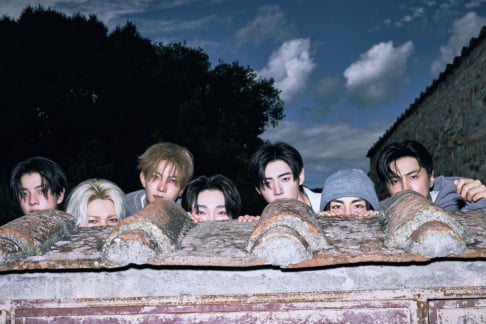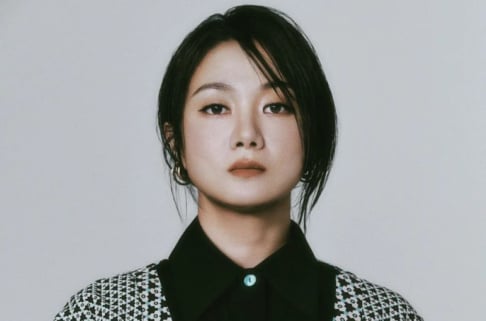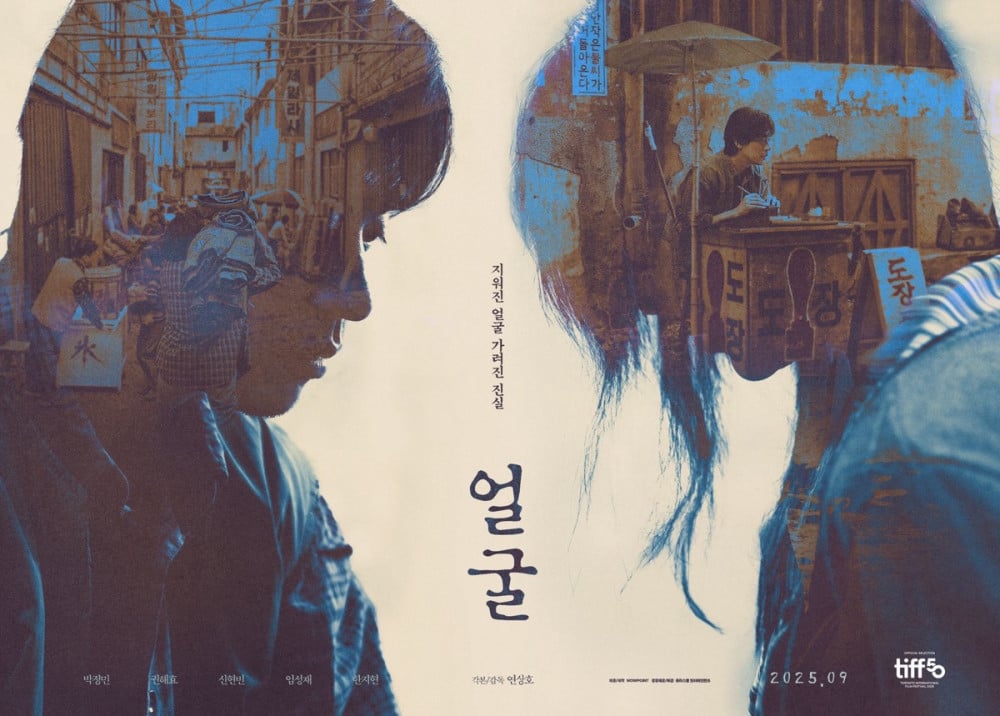
When reports surface that an actor earns 400 million KRW(~2.9 million USD) or even 500 million KRW(~3.6 million USD) per episode, criticism quickly follows. Heated debates break out over whether such a fee is justified, and in the process, subtle but malicious comments directed at the actor also tend to appear.
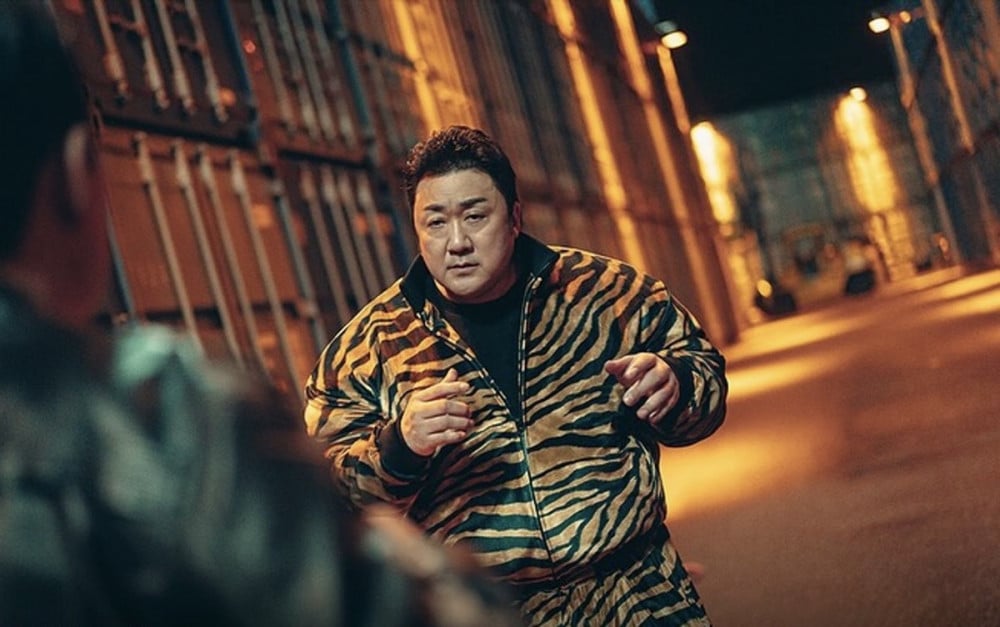
Some actors even step up to deny these reports, but it remains clear that efforts are needed to address the imbalance in the drama market.
Recently, Park Hyung Sik faced such a situation when it was reported that he received 400 million won per episode for the KBS2 weekend drama ‘Twelve’. As criticism mounted, he pushed back, saying the report was “not true.” Without disclosing the actual figure, he clarified that the fee revealed in the media was inaccurate, explaining, “It has been presented as a fact, so I felt I needed to speak up.”
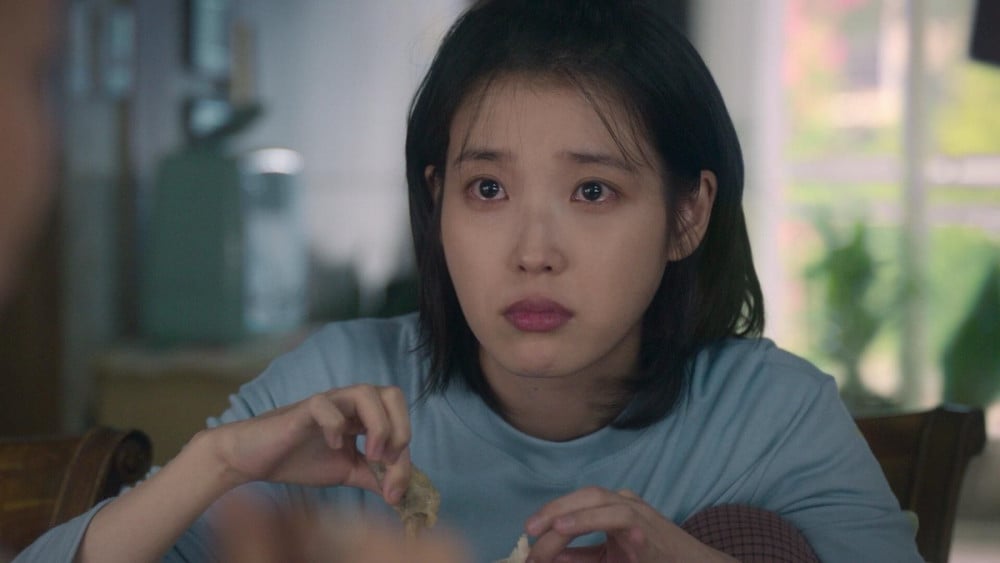
Previously, IU, who starred in the Netflix original series ‘When Life Gives You Tangerines’, denied rumors of receiving 500 million KRW per episode, calling them “groundless.” Actor Lee Jung Jae, who was rumored to have earned 1 billion KRW per episode following the success of season 1, admitted, “It’s true I was paid a lot, but I think there’s some misunderstanding. I don’t know if it’s really the highest fee per episode ever.”
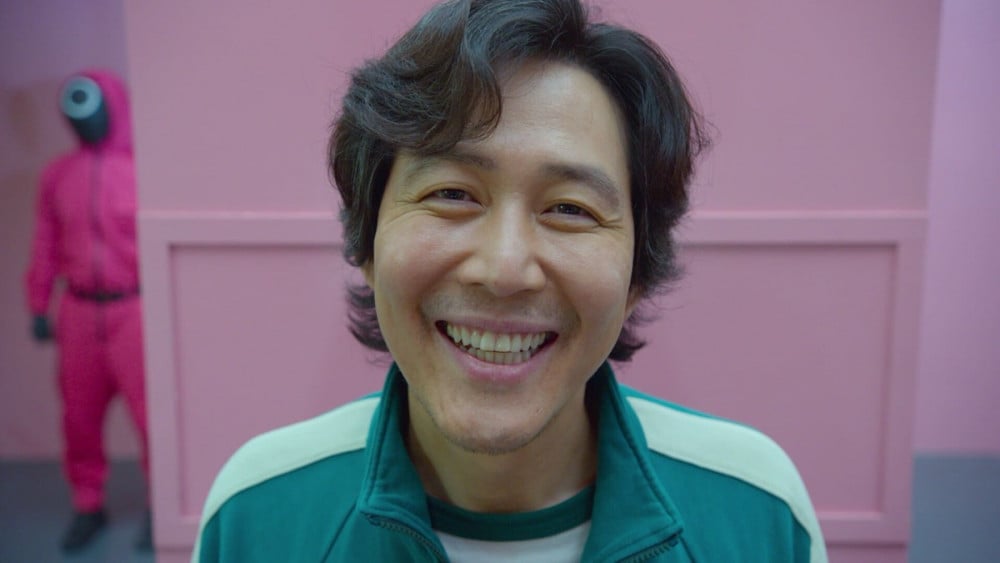
Still, the recurring controversy over star actors’ fees highlights an undeniable concern. Even if Park Hyung Sik didn’t receive 400 million won per episode, ‘Twelve’, which drew attention with its “star casting” of Ma Dong Suk, Park Hyung Sik, and Seo In Guk, ultimately delivered disappointing quality, with ratings hovering at just 1–2%. The lack of strong execution left critics wondering whether the high fees of leading actors had actually undermined the show’s overall quality.
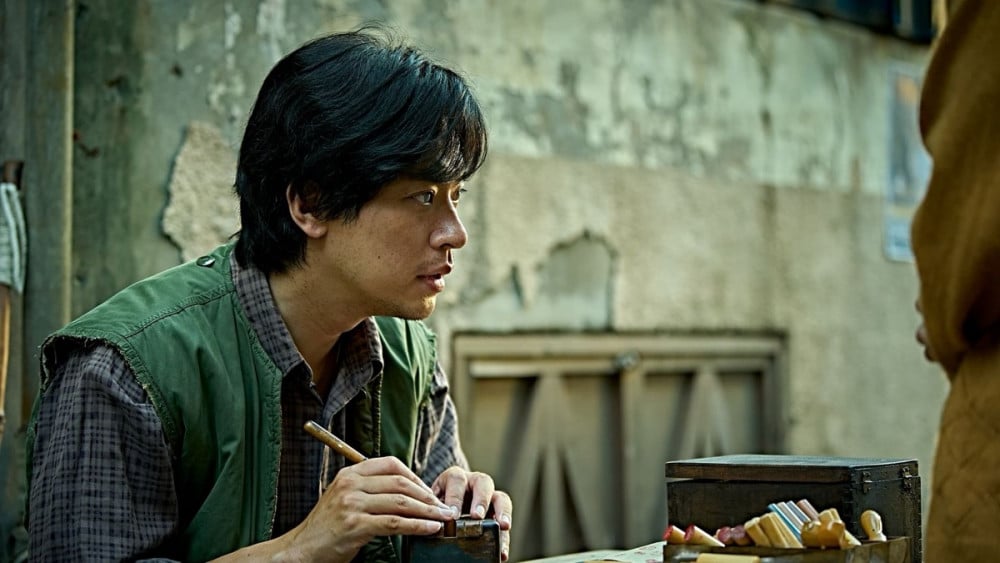
The contrast grew sharper with the release of director Yeon Sang Ho’s film ‘The Ugly’, which emphasized quality over hefty fees. Despite featuring respected actors such as Park Jung Min, Kwon Hae Hyo, and Shin Hyun Bin, many agreed to work for no guarantee or minimum pay to maximize the film’s integrity. With a budget of around 2 billion won, ‘The Ugly’ reached its break-even point immediately after release.
Moreover, once it surpassed the break-even line, the actors and staff secured additional income through a running guarantee system (receiving profit shares instead of high upfront fees). This model has sparked hope that it could become a “new alternative” in a content industry struggling with ballooning production costs.
Of course, many argue this success would have been impossible without director Yeon’s unique capabilities. Achieving high quality on such a small budget is no easy feat, and critics stress that his years of experience across genres and his consistently built creative universe made it possible.
Others also warn that a running guarantee system carries too much uncertainty for supporting or minor actors, for whom each project directly ties to their livelihood. Extending this model across the board may not always be beneficial.
Still, there is a growing consensus that the drama industry’s imbalance needs to be addressed. While the 400-million- or 500-million-won-per-episode rumors may be “false,” it’s undeniable that overly inflated fees for star actors are negatively impacting the market.
Industry insiders argue that instead of fueling blame campaigns or imposing fee caps, the priority should be making casting decisions that suit the scale and nature of each project. One broadcast official remarked, “If some star actors lower their fees, it may bring immediate relief to the drama market. But that alone cannot be a fundamental solution. Still, there’s value in trimming away excessive bubbles, and new experiments like the case of ‘Face’ are definitely welcome.”
SEE ALSO: IU donates 200 million KRW(~140,000 USD) at year’s end to support vulnerable communities
 SHARE
SHARE




